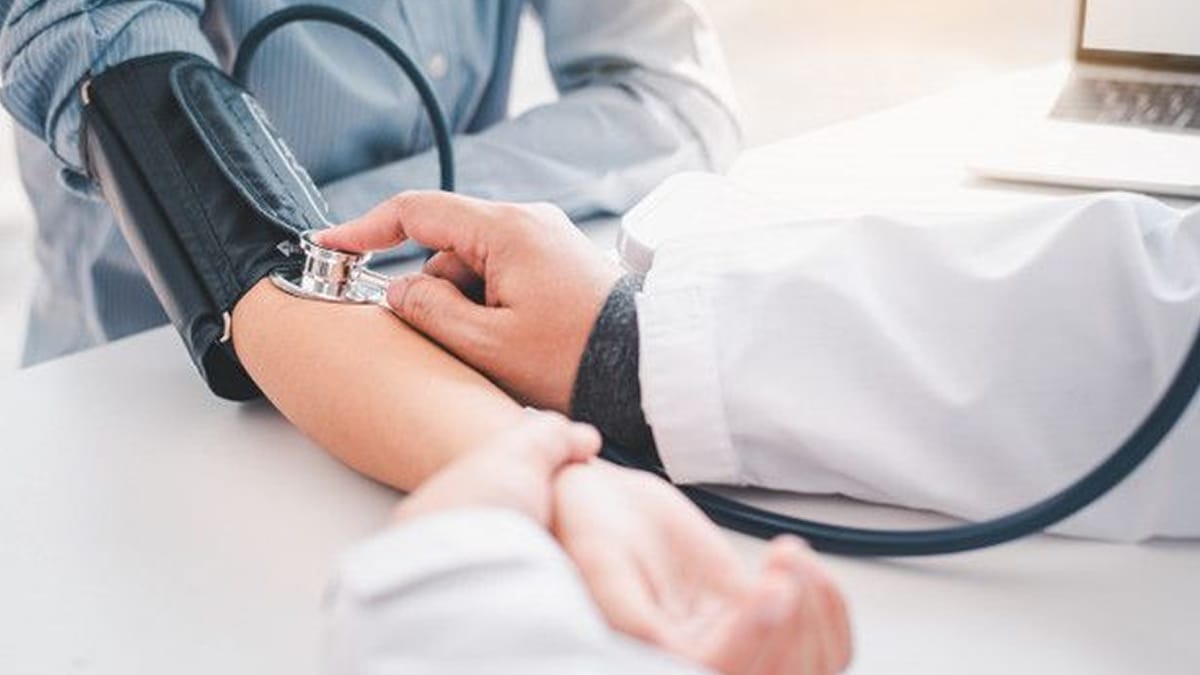Can Weight Loss Improve Heart and Blood Pressure?
Yes, weight loss can significantly improve both heart health and blood pressure. Even a modest reduction in body weight, around 5 to 10 percent, has been shown to lower blood pressure, improve cholesterol levels, reduce strain on the heart, and decrease the risk of cardiovascular disease. Shedding excess pounds is one of the most effective natural strategies to protect the heart and regulate blood pressure without over-reliance on medications.

Can Weight Loss Improve Heart and Blood Pressure?
Why is this so powerful? Extra body fat makes the heart work harder, causes arteries to stiffen, and triggers hormonal changes that raise blood pressure. Losing weight reverses many of these effects, restoring balance to your cardiovascular system. Let’s dive deep into how weight loss improves the heart and blood pressure, the science behind it, and what steps you can take safely.
The Link Between Weight and Cardiovascular Health
Excess body weight is more than just a cosmetic concern. Studies show it is a major risk factor for hypertension, stroke, coronary artery disease, and heart failure. The heavier you are, the more blood your body needs to supply oxygen and nutrients, putting immense pressure on your arteries. This creates a dangerous cycle where high blood pressure damages the artery walls, leading to plaque buildup and heart complications.

Scientific Evidence Supporting Weight Loss Benefits
Research published in journals such as The New England Journal of Medicine and the American Heart Association reveals that even moderate weight loss leads to measurable improvements in cardiovascular health. For instance, dropping 10 to 15 pounds can reduce systolic blood pressure by 5 to 10 mmHg, which is enough to lower stroke and heart attack risk.
How Weight Loss Improves Blood Pressure
Reduces arterial resistance: Losing fat decreases the pressure inside arteries.
Improves insulin sensitivity: Better glucose metabolism stabilizes blood vessels.
Lowers cholesterol: Weight loss reduces LDL cholesterol and triglycerides.
Decreases inflammation: Less fat means fewer inflammatory chemicals damaging the heart.
Enhances sleep quality: Reducing sleep apnea lowers nighttime blood pressure spikes.
Impact on Heart Health Beyond Blood Pressure
While lowering blood pressure is crucial, weight loss also strengthens the heart in other ways. It improves heart muscle efficiency, reduces arrhythmia risk, balances hormone levels, and lowers the chance of developing type 2 diabetes, another major heart disease risk factor.

Practical Strategies for Safe Weight Loss
Crash diets and extreme approaches are not sustainable and may even harm the heart. Instead, adopt these proven strategies:
Follow a balanced diet rich in vegetables, lean protein, and whole grains.
Cut back on processed foods, added sugars, and high-sodium meals.
Engage in at least 150 minutes of moderate exercise weekly, like brisk walking or cycling.
Incorporate strength training to build lean muscle and boost metabolism.
Prioritize sleep and stress management since both affect blood pressure.
Real-Life Example
A 45-year-old man weighing 220 pounds with high blood pressure managed to lose 25 pounds over six months through dietary changes and daily walking. His blood pressure dropped from 150/95 to 125/80, and his doctor reduced his medication dosage. This demonstrates how weight management can be a powerful tool in restoring heart health.
Frequently Asked Questions
Can losing just 5 pounds lower blood pressure?
Yes, even small weight reductions can improve blood pressure and heart function.
Do I need to exercise daily for heart benefits?
Not necessarily. Consistency matters more. Aim for 30 minutes of activity most days of the week.
Is medication still necessary after weight loss?
For some, weight loss reduces or eliminates the need for medication, but always consult your doctor before stopping.
Which foods help in lowering blood pressure while losing weight?
Leafy greens, berries, nuts, fish, and whole grains are particularly beneficial.
Are weight loss supplements effective for heart health?
Most are not necessary. Focus on diet and lifestyle first. However, consult a doctor before using any supplement.
What products support weight loss and heart health?
Good options include portion-control containers, fitness trackers, low-sodium meal kits, resistance bands, and air fryers.
Tips to Stay on Track
Avoid fad diets that promise quick results but harm your metabolism.
Keep a food diary or use tracking apps to stay accountable.
Reduce late-night snacking and processed foods.
Final Thoughts: Key Tips
Aim for slow, steady weight loss (1–2 pounds per week) for lasting results.
Combine exercise and diet instead of relying on one alone.
Track your blood pressure regularly while losing weight.
Stay hydrated to support circulation and metabolism.
Seek support from healthcare providers and loved ones for motivation.
Prioritize long-term lifestyle changes over temporary fixes.
Celebrate small milestones to stay motivated.
Reference & Additional Reading
Inspired by studies and insights from:
www.health.harvard.edu
www.menshealth.com
www.healthline.com
www.womenshealthmag.com
www.ncbi.nlm.nih.gov
www.webmd.com
www.medlineplus.gov
www.tridenttech.edu
www.burnexia.com

